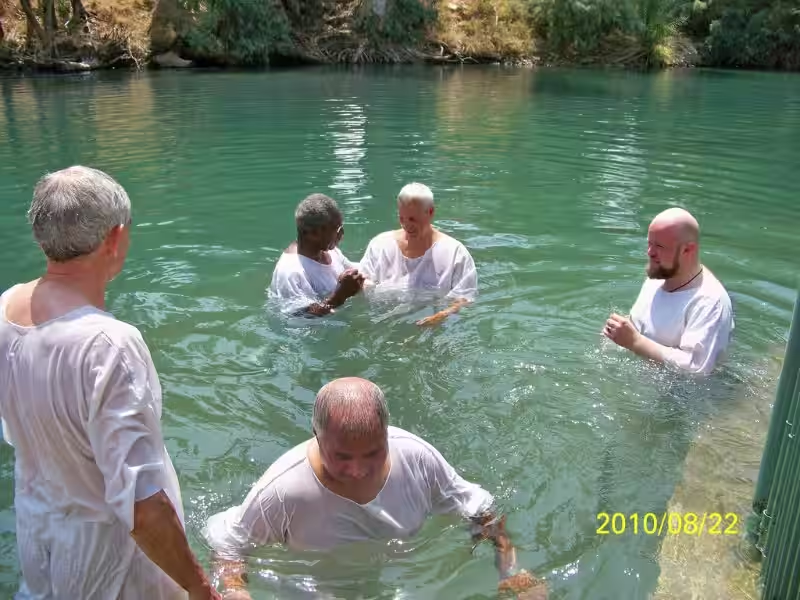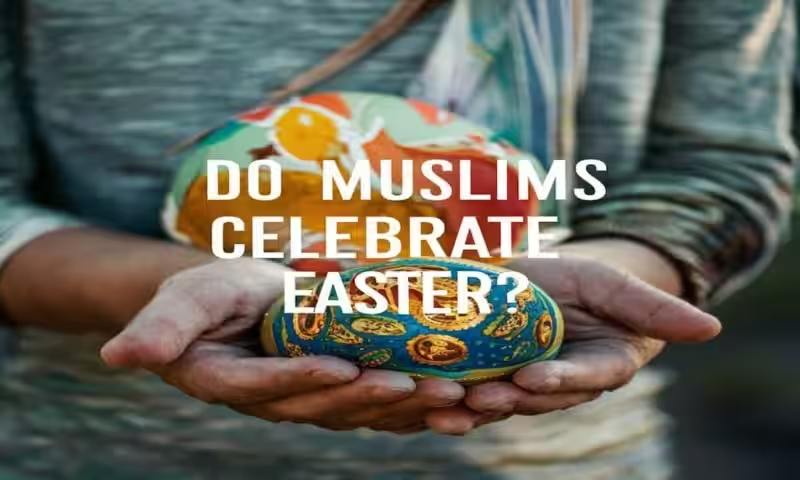
Easter, a globally celebrated Christian festival, takes on a unique and rich character in the Middle East. This isn’t just a holiday; it’s a period of deep spiritual preparation and joyous celebration interwoven with centuries-old traditions. Understanding Easter in the Middle East requires delving into the Orthodox tradition, which often differs significantly from the Western, Gregorian-based observance.
Understanding the nuances of Easter in the Middle East is not just about recognizing a date; it’s about acknowledging the profound spiritual and cultural significance. The region holds a precious history of Christian communities, with vibrant traditions deeply rooted in the very land where the central events of the Christian faith unfolded. Easter celebrations in the Middle East, particularly those within the Orthodox tradition, offer a fascinating glimpse into the interplay of faith, culture, and history. This article will illuminate the distinct characteristics of Orthodox Easter in the Middle East, contrasting it with the Western tradition and exploring the unique customs that make it so compelling.
The Orthodox Easter Calendar: A Historical Perspective
Orthodox Easter, unlike its Gregorian counterpart, follows the Julian calendar. This difference, stemming from historical variations in liturgical calendars within Eastern and Western Christianity, leads to a later date each year. This isn’t just arbitrary; it’s deeply symbolic, linked to the spring equinox and the first full moon following this celestial event. The fluctuation in the date itself emphasizes the connection between the celebration and the natural cycle of rebirth.
This difference in the calendar significantly affects the timing of Lent, preparation for Easter, and the observance of other important religious events, including Passover. These nuances are crucial in understanding the historical and cultural contexts of Easter celebrations in the Middle East. The significance of this difference lies not just in the date, but in the rhythm it sets for spiritual reflection and preparation.
The Significance of Lent: A Journey to Resurrection
A crucial aspect of Orthodox Easter is the observance of Lent, a 40-day period of fasting and spiritual reflection. This practice mirrors Jesus’s 40 days in the desert, symbolizing a period of preparation for the momentous occasion of the Resurrection. Lent is not just about abstaining from certain foods; it’s about turning inward, focusing on prayer, and seeking spiritual renewal. The period is deeply spiritual, drawing on the religious texts and traditions of the faith.
Precise dietary restrictions, including abstinence from meat, dairy, and eggs, vary among different churches and communities. These restrictions, though seemingly simple, represent a commitment to self-discipline and a deeper connection with the spiritual journey. This period is about self-reflection and preparation for the glorious event of Easter.
Holy Week: A Commemoration of Christ’s Journey
Holy Week, the week leading up to Orthodox Easter, is a period of intense liturgical activity, commemorating key events in Jesus’ life. Each day holds specific symbolic rituals and commemorations:
-
Lazarus Saturday: Commemorates the raising of Lazarus, a powerful symbol of hope. It is a preparation for the great event of the resurrection.
-
Palm Sunday: Marks the triumphant entry of Jesus into Jerusalem, a procession signifying the acceptance of Christ as the Messiah.
-
Holy Monday, Tuesday, and Wednesday: These days reflect on Jesus’ teachings and miracles.
-
Holy Thursday: Celebrates the Last Supper, a crucial event in the Christian faith, and the institution of the Eucharist.
-
Holy Friday: Commemorates the crucifixion of Jesus Christ, a day of mourning and reflection on the sacrifice.
-
Holy Saturday: A day of anticipation and preparation for the Easter Vigil, the culmination of the Holy Week.
These events, commemorated through rituals and prayers, are integral to the Orthodox Easter experience. Each day holds its own significance, building toward the ultimate celebration of the Resurrection.
Easter in the Middle East: A Blend of Faith and Culture
Easter in the Middle East isn’t solely a religious observance; it’s deeply intertwined with local cultural traditions. From the vibrant processions and beautiful churches to the unique culinary practices, Easter traditions reflect the diverse communities that inhabit the region.
Different Orthodox churches and communities throughout the Middle East have distinct traditions, showcasing the rich tapestry of the region. The Holy Fire ceremony in Jerusalem, for example, is a significant event, deeply rooted in religious traditions and history. The specific foods associated with Easter vary from region to region, reflecting different culinary traditions. Roasted lamb, a common symbol of sacrifice, is often present, alongside traditional Middle Eastern pastries and breads. These unique culinary practices highlight the unique cultural heritage of each community.
The Public Observance of Orthodox Easter
The status of Orthodox Easter as a public holiday differs significantly between the West and Eastern Orthodox traditions. In some Middle Eastern countries and regions, Orthodox Easter is a recognized public holiday, reflecting the importance of this religious celebration within the community. In others, while deeply important, it may not receive the same level of public recognition as in the West.
This difference in public recognition highlights the diverse ways in which Orthodox Easter is integrated into social and cultural life. While the religious observance remains constant, external recognition and celebration can vary greatly across different communities.
Conclusion: An Appreciation of Diversity
Easter in the Middle East offers a profound experience, highlighting the diverse interplay of faith, culture, and history. By exploring the unique aspects of Orthodox Easter, we gain insight into the rich tapestry of traditions and customs that make up this significant celebration. Embracing the contrasts between the Orthodox and Gregorian calendars, recognizing the significance of Lent, and appreciating the diverse cultural expressions associated with the holiday, we gain a deeper understanding of Easter in the Middle East. This exploration emphasizes the importance of respecting and appreciating the diversity of traditions and practices surrounding this significant Christian festival.
Frequently Asked Questions about Easter in the Middle East
What is the difference between Orthodox Easter and Western Easter?
Orthodox Easter, observed by many Christians in the Middle East, follows the Julian calendar, a different calendar than the Gregorian calendar used by Western Christians. This difference in calendars means that Orthodox Easter is typically celebrated later in the year than the Gregorian-based Western Easter. The date is determined by the first full moon after the spring equinox, according to the Julian calendar. This difference in dates has historical roots in the different calendars used by Eastern and Western Christian traditions.
Why is the date of Orthodox Easter different each year?
The date of Orthodox Easter varies annually because it’s calculated based on the Julian calendar and the position of the moon. The Julian calendar’s way of tracking lunar cycles leads to a different Easter date each year than the Gregorian calendar.
How is Lent observed in the Middle Eastern Orthodox tradition?
Lent, a 40-day period of fasting and spiritual reflection, is a crucial part of Orthodox Easter celebrations. It mirrors Jesus’s 40 days in the desert, aiming to purify the soul and prepare for Easter. Common dietary restrictions during Lent include abstaining from meat, dairy, and eggs.
What are some key events commemorated during Holy Week?
Holy Week, the week leading up to Orthodox Easter, commemorates key events in Jesus’s life, culminating in his resurrection. These events include Palm Sunday’s procession, Holy Monday, Tuesday, Wednesday’s reflections on Jesus’s teachings and the Sacrament of Holy Unction, Holy Thursday’s celebration of the Last Supper, and Holy Friday’s commemoration of Christ’s death.
How does the Orthodox observance of Passover relate to Easter?
A significant aspect of Orthodox Easter is that it must occur after the Jewish Passover. This is an important tenet of the Orthodox faith. This difference in timing reflects the historical and cultural distinctions between the Orthodox and Western Christian traditions.
Are there specific regional traditions in the Middle East related to Orthodox Easter?
Yes, various regional traditions accompany Orthodox Easter in the Middle East. These might include specific foods (like roasted lamb or date-nut bread), cultural practices, and religious ceremonies, such as the Holy Fire ceremony in Jerusalem.
Is Orthodox Easter a public holiday in Middle Eastern countries?
The status of Orthodox Easter as a public holiday varies by country in the Middle East. It’s not a universal public holiday, but it remains a deeply important religious celebration for the Christian communities in the region.








